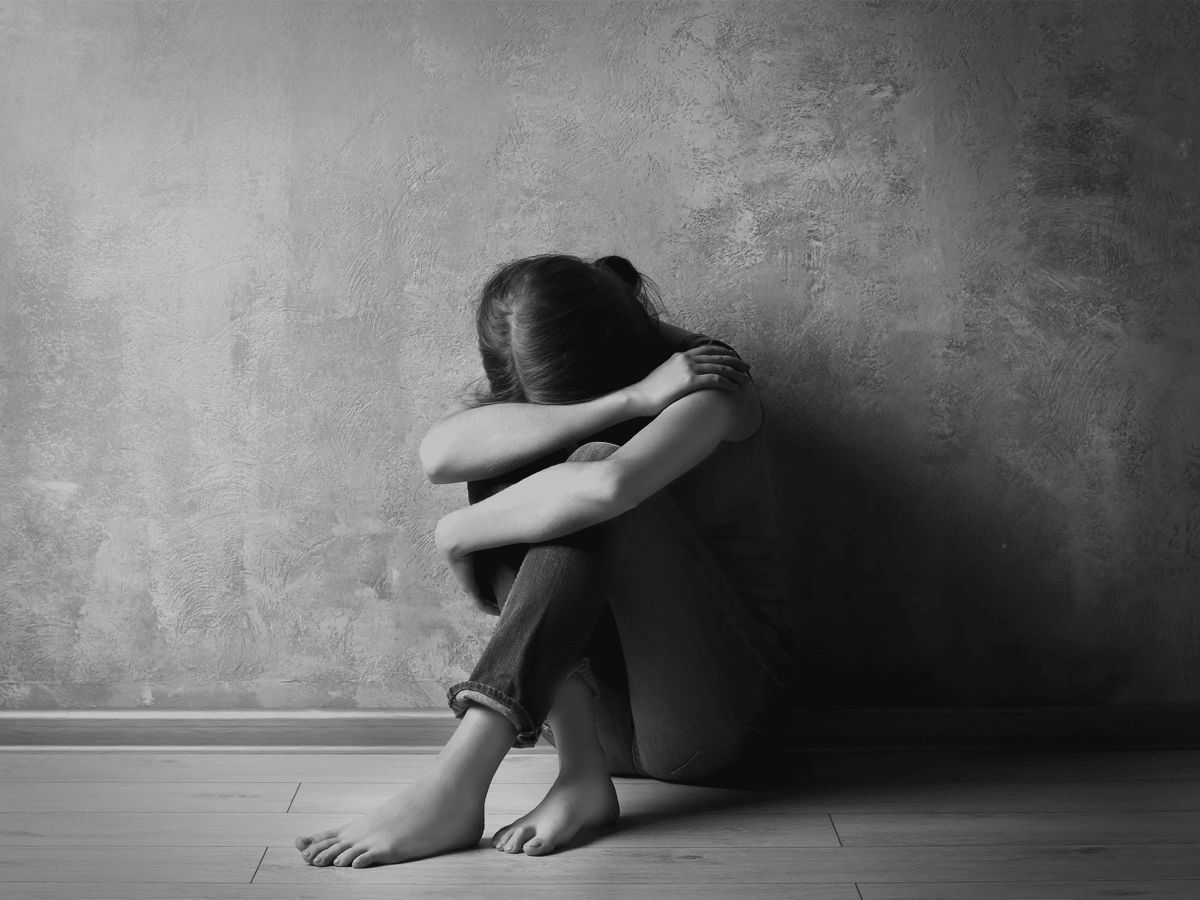To curb GBV, boys must be taught to respect women
The lecturer in Management and Leadership and head of the Centre for Women Leadership at MANCOSA said boys must not be left out of the conversation about women’s rights and there must be continuous engagement with them while they are young.

If boys are taught to respect women, they will think twice before hurting them when they grow into men, says Durban academic Dr Claudine Hingston.
The lecturer in Management and Leadership and head of the Centre for Women Leadership at MANCOSA said boys must not be left out of the conversation about women’s rights and there must be continuous engagement with them while they are young.
“Teach them about gender equality; about both human and women’s rights; how to respect a woman; and about sexual morality.”
Educate boys at a young age and let us breed a new generation of men who do not abuse women,”
said Hingston when she featured on the Mom and Jess Moments show on YouTube to offer advice and research on violence against girls and women.
“To curb sexual assault at work, all workplaces should have reporting channels for sexual assault, harassment and abuse. There should be sexual conduct guidelines and regulations in place that employees should abide by,” said Dr Hingston.
Women are facing challenging times since the start of the coranvirus pandemic – not only do they have to contend with the scourge that has taken thousands of lives but they also face an increase in domestic violence.
Hingston said the root cause of rape can be traced to socialisation in the family, where boys are taught that they are superior to women and that women exist to serve them.
“It is, therefore, important that we reflect on how we socialise our children and make an effort to encourage them to embrace gender equality values, be aware of human rights and be respectful and tolerant of girls and women.”
“Apart from the family, all sectors of the society should be involved in the fight against rape and this includes the community, religious institutions and educational facilities.”
She said the curricula in educational facilities from primary schools to tertiary level should include gender and human rights studies.
“Awareness and sensitisation workshops on sexual conduct should also be organised occasionally to create awareness on sexual conduct and on both human and women rights,” Hingston said.
Hingston can comment on injustices against women in an informed and authoritative manner because she had a front-row seat during the 10-year civil war in Freetown, Sierra Leone.
She still has flashbacks of bombs being dropped in the capital each time fireworks are set off, and clearly recalls the looting, rape and murder which were commonplace during the civil war in the West African country.
Hingston’s tumultuous history of life in a war-torn country empowered her to rise above the odds and take advantage of her second chance at life.
“I chose not to be a victim of circumstance. Life’s lessons have taught me not to be silent, not to give up easily, to push to get what you want and to know when to say no,” said Dr Hingston.
Hingston’s experiences in Sierra Leone also informed her about the role that the emancipation of women can play in eliminating wars and conflict in Africa.
In a chapter that she penned for the book Beyond Wars and Conflicts: A Gendered Perspective of the State of Peace in Africa, she says many African countries have experienced wars and conflicts and thus, for many Africans, their understanding of peace is limited to the absence of conflict and wars.
“Whilst there is no denial that wars and conflicts violate peace, peace is much more than the absence of war and starts with understanding, fairness, acceptance, and tolerance between people.
“This is not the case, however, in Africa, as the majority of its women are subjected to unequal, unjust, and discriminatory treatment. There can be no real peace until Africa’s women are empowered, emancipated, and given equal rights and opportunities with men.”





